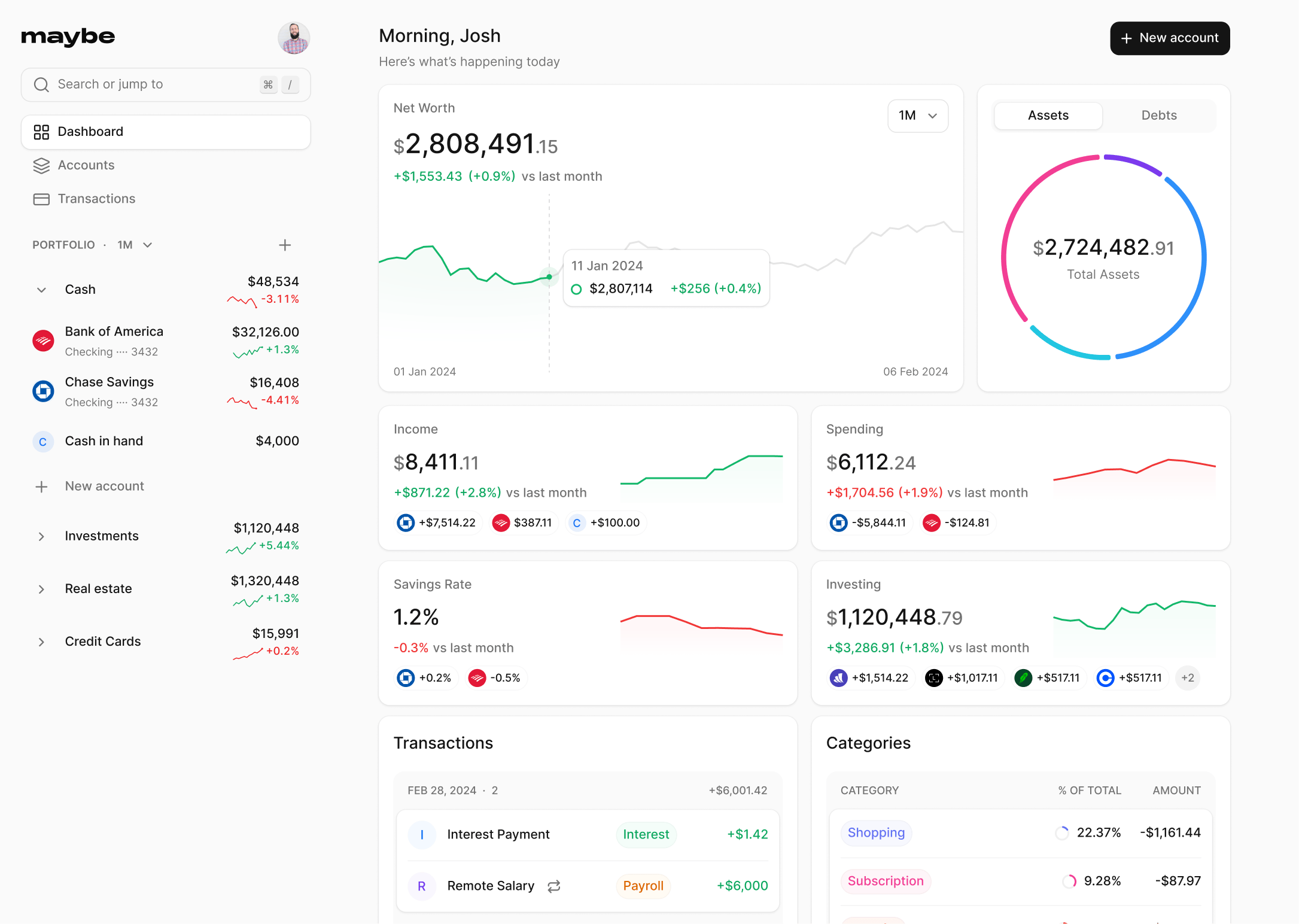Financial Terms / A - B / Annuity
Annuity
If you're like most people, the term "annuity" probably doesn't mean much to you. You may have heard the word before, but when it comes to personal finance, you're probably more concerned with budgeting, retirement savings, and investing. However, annuities can be a helpful tool for some people, and it's important to understand what they are and how they work before making any decisions about your own finances.
What is an annuity?
An annuity is a contract between you and an insurance company in which you make payments (either in a lump sum or over time), and the insurance company agrees to make periodic payments to you. There are two main types of annuities: immediate and deferred. With an immediate annuity , you start receiving payments immediately after you make your initial investment. With a deferred annuity , your payments are delayed until a future date (usually when you retire).
There are also two main payment types of annuities: fixed and variable. With a fixed annuity , your payments will be the same every month. With a variable annuity , your payments will fluctuate based on the performance of the investments in your account.
Annuities can be a helpful way to supplement your income in retirement, but they also have some drawbacks that you should be aware of before making any decisions about your finances. For example, annuities are not liquid assets, meaning you cannot cash them in early if you need the money for something else. Additionally, annuities are subject to fees and commissions, which can eat into your investment returns over time.
The pros and cons of annuities
Before deciding whether an annuity is right for you, it's important to understand the pros and cons of these investment vehicles. Here's a quick overview:
Pros
- Can provide a steady stream of income in retirement
- Can help protect against inflation
- Can offer tax benefits
- May provide a death benefit that pays out to your beneficiaries
Cons
- Not liquid assets (cannot be cashed in early)
- Subject to fees and commissions
- May have surrender charges if cashed in early
- The payouts may be less than the total amount of money invested
Is an annuity better than a 401k?
The answer to this question depends on your individual circumstances and financial goals. Annuities can be a helpful way to supplement your income in retirement, but they are not right for everyone. If you're trying to decide whether an annuity is better than a 401k, it's important to talk to a financial advisor to get personalized advice.
What is the difference between an annuity and a 401k?
The biggest difference between an annuity and a 401k is that a 401k is an employer-sponsored retirement savings plan, while an annuity is a contract between you and an insurance company. With a 401k, you make contributions from your paycheck to a fund that is invested in stocks, bonds, and other securities. With an annuity, you make payments to an insurance company, which agrees to make periodic payments to you.
Another key difference is that 401ks typically have withdrawal penalties if you take money out before retirement, while annuities do not. Additionally, 401ks are subject to income taxes, while annuities may offer tax benefits.
Discover more financial terms
Join the Maybe  waitlist
waitlist
Join the waitlist to get notified when a hosted version of the app is available.
